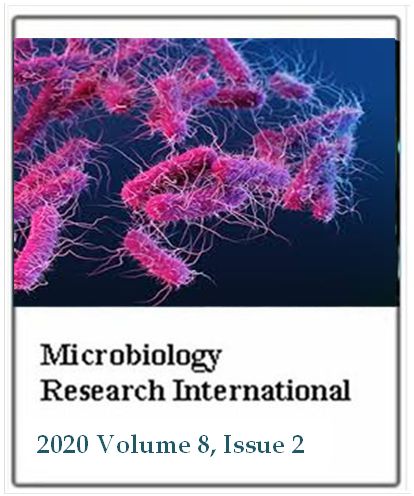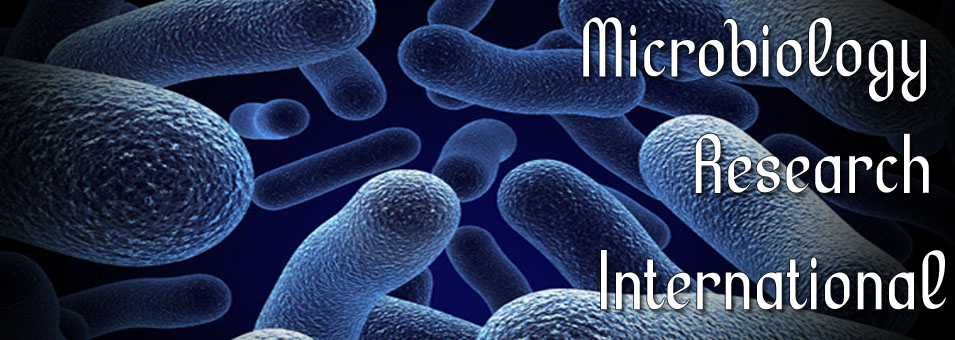Overview on probiotics and their impact in commercial poultry production
Mebrate Getabalew, Tewodros Alemneh and Derbie ZewdieMicrobiology Research International
Published: June 26 2020
Volume 8, Issue 2
Pages 43-50
Abstract
Probiotics are live microbial feed ingredients that have a beneficial effect on health. Probiotics have great capacity to stimulate the growth of essential microorganisms, and reduce the load of pathogenic microorganisms. Thus, improving the intestinal microbial balance of the host and lowering the risk of gastrointestinal diseases. Probiotics have antimutagenic, anticarcinogenic, hypocholesterolemic, antihypertensive, antiosteoporosis, and immune modulatory effects. Lactobacillus, Bifidobacterium, Leuconostoc, Enterococcus, Lactococcus, Bacillus, Saccharomyces, Aspergillus and Pediococcus species are most commonly used probiotics in poultry production. The supplementation of probiotics to chicken improves feed-intake, feed conversation ratio (FCR), growth performance, meat quality, egg production, egg quality and have cholesterol lowering potential in poultry products. Despite the wide uses, probiotics thought to be harmful to debilitate and immune compromised populations in an accurate dosage of administration. Hence, precaution should be taken while applying these ingredients. Therefore, the aim of this review is to discuss about probiotics and their impact in commercial poultry production.
Keywords: Probiotics, commercial poultry, performance, egg quality, hypocholesterolemia.
Full Text PDF
